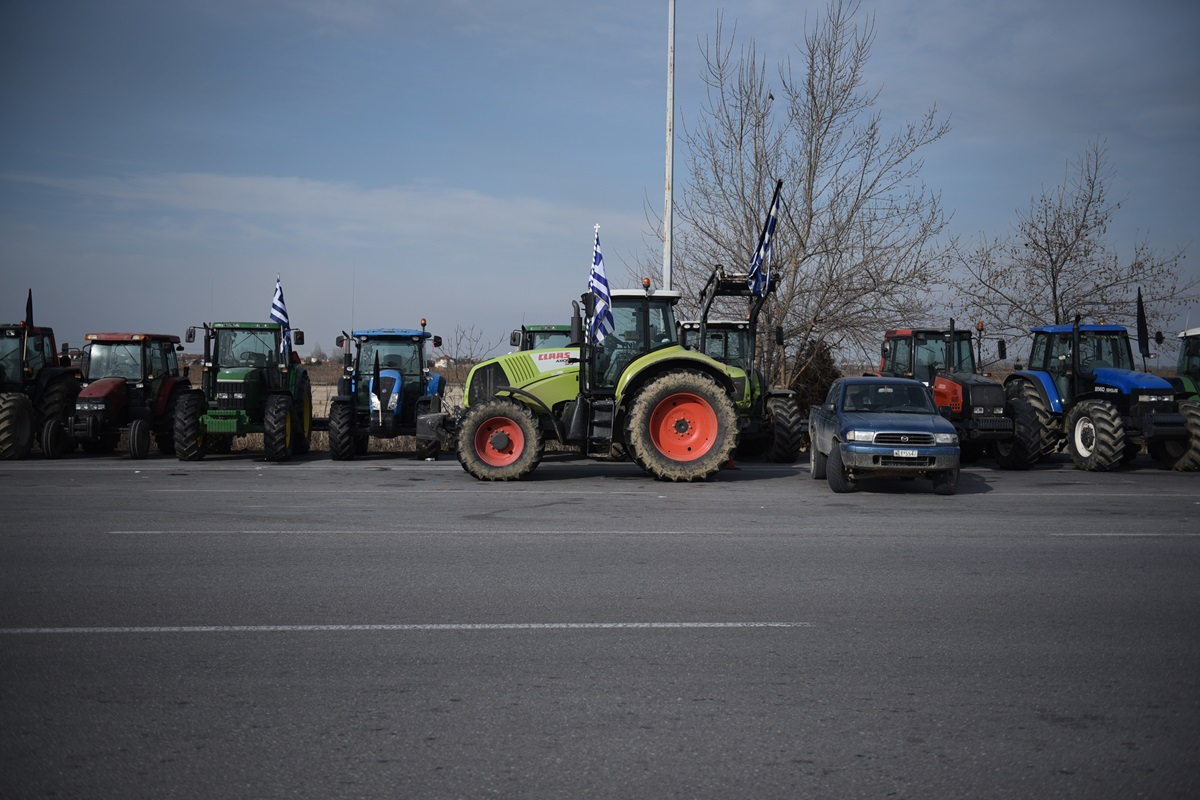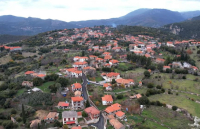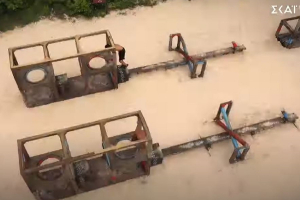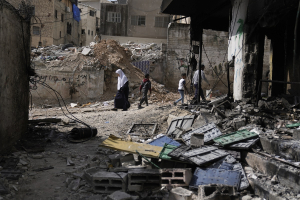The highly anticipated meeting between the Greek farmers and Greek prime minister, Kyriakos Mitsotakis, is going to take place tomorrow, Tuesday the 13th.
It is worth noting that the farmers’ mobilizations have been escalating during the past weeks. Roadblocks have been established on numerous roads and highways in Macedonia and Thessaly. Additionally, the main Athens-Thessaloniki highway has been obstructed at Malgara. At the same time, farmers have persistently carried out protests in the city centers of Larisa and Karditsa, by symbolically placing hay bales and spilling milk on the streets, all the while displaying banners, flares, and chanting slogans.
Many of the Greek farmers' demands align with similar protests that have been occurring across Europe for several weeks. However, in Greece, farmers are also calling on the government to fulfill promises made months ago, specifically regarding compensation for thousands of crops and livestock devastated by deadly floods and rainstorms that struck the farming heartland in September.
In fact, the farmers are expected to go in the upcoming meeting with the Greek prime minister, with 10 basic demands:
- Reduction of production costs
- Institutionalization of tax-free diesel for agriculture
- Cap of 7 cents/Kwh for agricultural electricity
- Subsidies for equipment, supplies, and fodder, along with the elimination of VAT
- Abolishment and renegotiation of the new Common Agricultural Policy (CAP)
- Compensation from the Greek Agricultural Insurance Organization (ELGA) for all damages and diseases at 100% of the actual damage, not the insured value
- Prices covering production costs to ensure income for our subsistence and cultivation needs
- Infrastructure projects for flood protection in the country
- Implementation of measures and government inspections to prevent the plant, animal, and beekeeping products from being branded as «Greek»
- Compensation for lost income in crops with production loss not covered by ELGA, as well as for plant and animal products sold below production cost.
Additionally, farmers are planning to submit a framework of requests, which includes a timetable for the drainage of flooded villages and fields, as well as a schedule for the construction of a tunnel - which is essential for the broader region's flood protection.
Regarding Thessaly and northern Phthiotis, farmers will be seeking compensation for the flooded areas that will not be cultivated until they become productive. According to the farmers’ request, the reimbursement, will have to be adequate so as to cover the basic living needs of the producers.










